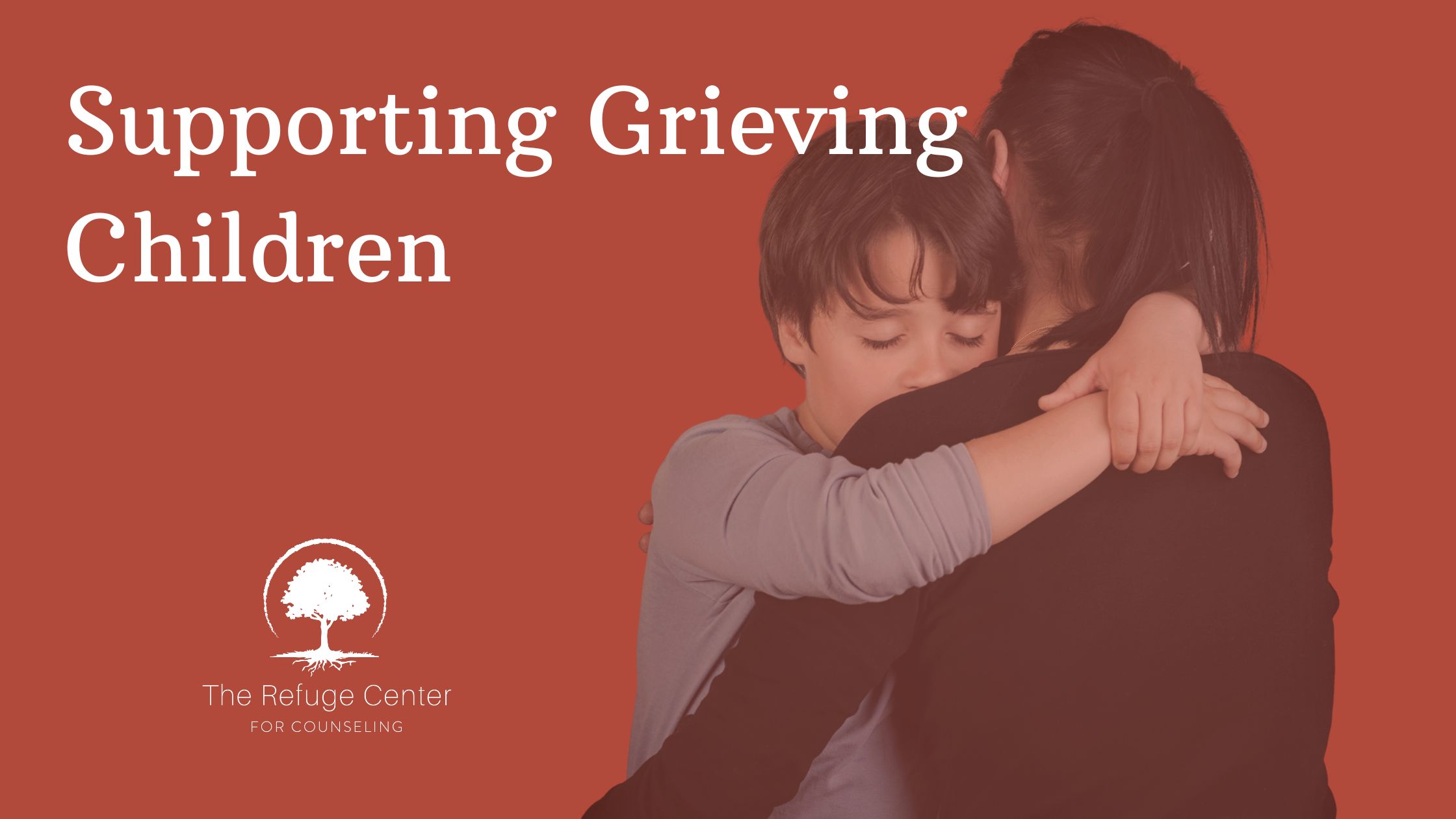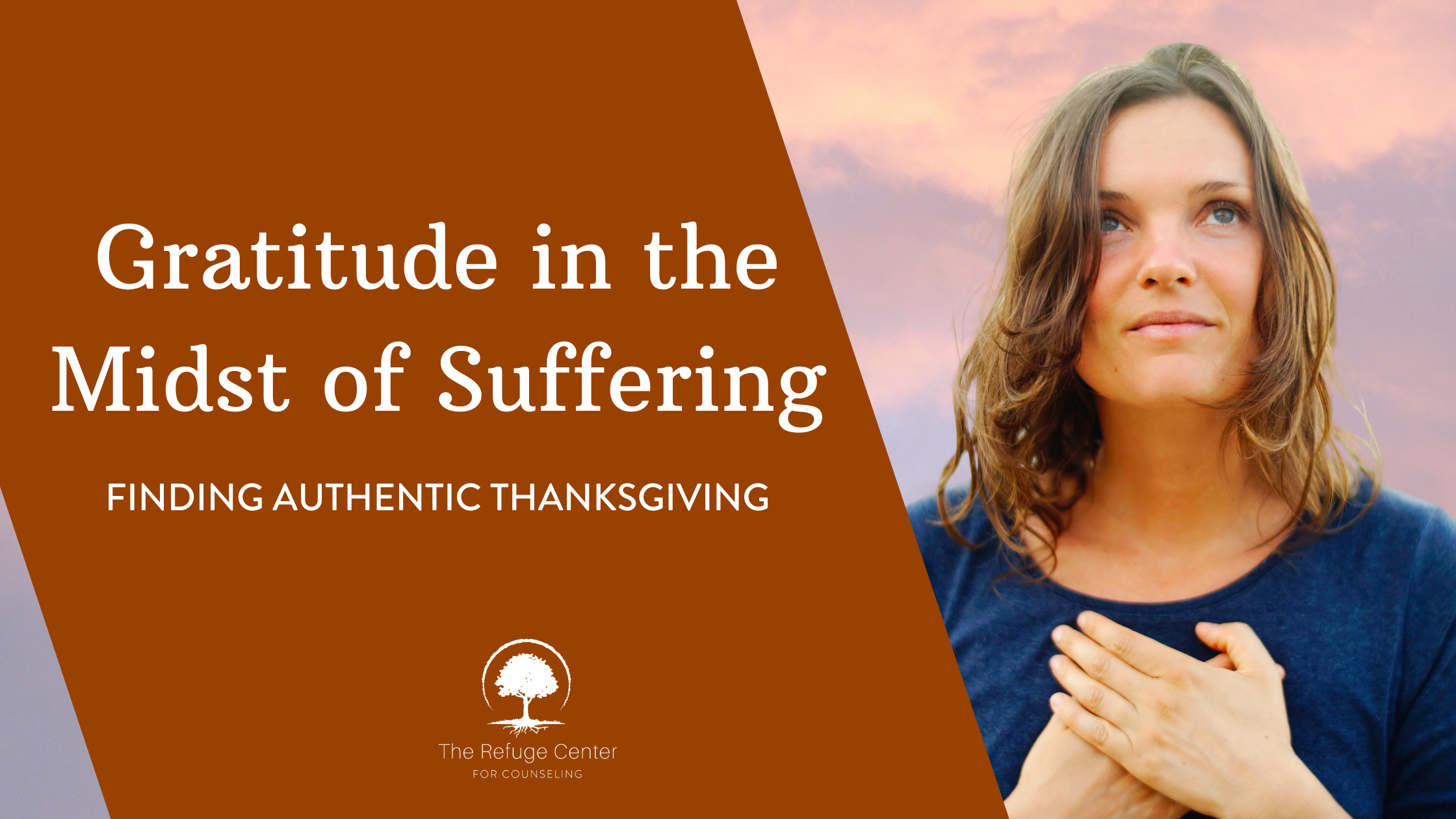When you see a woman with a black eye hiding behind sunglasses, you probably think she’s being beaten. When you see a woman cowering in fear in the presence of her spouse, something in your gut probably tells you she’s being abused.
Watching a TV show or movie that shows a man pushing a woman up against a wall, shoving her across the room, or grabbing her arm until it’s bruised … well, it more than likely raises your hackles.
These women are clearly suffering domestic abuse. They’re being hit, kicked, pushed, punched, and choked. The abuse is obvious. It’s undeniably written on their skin.
And it is awful. It’s rotten and heinous … Abuse is so many terrible things. But that is just one ugly face of domestic abuse.
Jenny was cheer captain in high school. She served on student council, sang in the choir, and served at vacation bible school during the summer. She was an A student who graduated at the top of her class and went to college on an academic scholarship.
She was beautiful and vibrant. People were drawn to her strength and compassion. So when Matthew saw her at their church singles group, he made a beeline for her. He knew there was something about her that he wanted in his life.
Matthew made her feel safe and seen. He spoke to the wounded spaces in her heart and filled her mind with his plans and ideas for the future. Being married to a man who was going to treat her like a queen and protect her fiercely sounded like an answer to years of prayer.
Shortly after their wedding, they moved into a tiny house. They’d only been married a few weeks when Jenny screwed up. She had done something he considered a major insult and act of disrespect.
So when he called her a name and punched two holes in the wall, she somehow knew she deserved it. If she was being a good wife, this wouldn’t have happened. He wouldn’t have been so hurt and disappointed.
Jenny followed after him trying to fix things whenever she made him angry. She didn’t want the sun to go down on his anger, so she kept pursuing reconciliation. Having a solid marriage was very important to her, and she was determined to do whatever it took to make that happen.
Besides, he was the one who knew more about marriage and family. It had to be her fault that they were struggling. Even though Jenny had asked Matthew repeatedly about seeing someone who might help them work through their problems, Matthew insisted that they were fine and everything was normal.
Maybe Jenny was the only one who needed help … Matthew made it very clear that ninety percent of their struggles were her fault.
A lot of things were her fault. She was too messy, too argumentative, too loud at parties, too insecure, too clingy, and too immature. He made sure she knew that she caused his unhappiness. He would stop raging at her if she would quit being a source of irritation for him. He would listen to her and take her on dates if she would just respect him enough to do what he asked.
Jenny went to therapy and begged the therapist to tell her what was wrong with her. She wanted to know why she was such a horrible wife, and she wanted to fix it. Matthew had been trying to help her fix what was wrong with her, but she couldn’t get it right.
At this point in our story, you might feel a little sad for Jenny. You might even think she needs to just speak up, that she’s being a pushover.
If you’re like most people, you’re thinking, I would never ever put up with that. I would … You have a whole plan forming in your mind to fix the situation.
And you know what? You just might not understand gaslighting or closet narcissism. And you might not recognize the hidden faces of domestic abuse.
The Hidden Faces of Domestic Abuse
Jenny’s story touches on one of the ways domestic abuse starts. Abusers use gaslighting to groom their victims. We tend to think of children when it comes to grooming. We imagine adults sexually abusing children, priests and altar boys, teachers and teenage students.
It is infuriating to picture these people gaining trust and drawing people in while convincing them that their behavior is normal and good. The very thought that an adult would purposely groom someone to do anything that they wouldn’t normally be comfortable with is sickening, right?
The abusers are adept at basically rewiring another person’s brain. It isn’t just a cult leader who knows how to brainwash. Imagine being in a relationship with David Koresh or Jim Jones. Hundreds of people followed them.
Now imagine being married to one of them. Imagine being drawn in by all of the charm and promises. He gradually convinces you that his way is better than yours and overrides your thoughts with his own. You are brainwashed in your own home.
After you’re committed to them, you start fighting the voices in your head that tell you something is wrong because you’re smart, you chose to be with them, and you know what you’re doing. And you certainly do not want to believe that you’ve fallen in love with someone who would ever hurt you.
So when he tells you that it’s protecting both of you to ask before spending money, you agree. And you don’t question him when he spends several hundred dollars because he’s wise and you don’t want to upset him.
When he tells you that he’s not comfortable around your friends or family because they judge him, you avoid your friends and family. And when they ask you about hanging out, you make an excuse and you never ever mention him.
As you die on the inside, you reach for any crumbs of kindness and you learn that he has to be happy for there to be any sense of external calm. Because when it isn’t calm on the surface, there are consequences … and it’s your fault.
That is the face of domestic abuse. Can you see it now?
Domestic abuse is sneaky, it’s crafty, and it is invisible to the untrained eye. It rears its ugly head in many forms. And let’s call it what it is. It is using psychological violence against another person as a way to manipulate and exert control. You don’t have to lay a finger on someone to abuse them.
The U.S. Department of Justice defines domestic violence like this:
Physical Abuse: Hitting, slapping, shoving, grabbing, pinching, biting, hair pulling, etc. are types of physical abuse. This type of abuse also includes denying a partner medical care or forcing alcohol and/or drug use upon him or her.
Sexual Abuse: Coercing or attempting to coerce any sexual contact or behavior without consent. Sexual abuse includes, but is certainly not limited to, marital rape, attacks on sexual parts of the body, forcing sex after physical violence has occurred, or treating one in a sexually demeaning manner.
Emotional Abuse: Undermining an individual’s sense of self-worth and/or self-esteem is abusive. This may include, but is not limited to constant criticism, diminishing one’s abilities, name-calling, or damaging one’s relationship with his or her children.
Economic Abuse: Controlling or restraining a person’s ability to acquire, use, or maintain economic resources to which they are entitled. This includes using coercion, fraud, or manipulation to restrict a person’s access to money, assets, credit, or financial information; unfairly using a person’s personal economic resources, including money, assets, and credit, or exerting undue influence over a person’s financial and economic behavior or decisions, including forcing default on joint or other financial obligations, exploiting powers of attorney, guardianship, or conservatorship, or failing or neglecting to act in the best interests of a person to whom one has a fiduciary duty.
Psychological Abuse: Elements of psychological abuse include – but are not limited to – causing fear by intimidation; threatening physical harm to self, partner, children, or partner’s family or friends; destruction of pets and property; and forcing isolation from family, friends, or school and/or work.
Technological Abuse: An act or pattern of behavior that is intended to harm, threaten, control, stalk, harass, impersonate, exploit, extort, or monitor another person that occurs using any form of technology, including but not limited to: internet-enabled devices, online spaces and platforms, computers, mobile devices, cameras and imaging programs, apps, location tracking devices, or communication technologies, or any other emerging technologies.
If we are only looking for battered wives, we are overlooking the countless hidden faces of domestic abuse.
We have to look past the surface for the signs of psychological domestic violence. Men, women, and children are walking into classrooms, churches, Bible studies, and counseling offices with deep, dark secrets. Many of these victims have no idea that they are being abused.
That’s right. They don’t even realize they are abuse victims.
When someone is punching you, it’s easy to label it violence. If someone kicks you, pushes you, or grabs you by your hair, it’s obvious to you and others that you are a victim of violence.
When someone screams at you in front of others, it’s clear that you’re being abused. When someone belittles you in public settings, there are witnesses to affirm that you are a victim of verbal abuse.
Those people often have witnesses to back them up, to reassure them that they are abuse victims. If the abuse is primarily psychological, it lurks in unseen places, behind closed doors, inside cars, on phone calls and texts, in bedrooms, and in bank accounts. Psychological abuse thrives and metastesizes in the spaces that no one outside the home is allowed to see.
Victims of psychological domestic abuse are gradually being brainwashed through gaslighting. Our culture likes to throw around the term gaslighting in a way that downplays its gravity. A person who has experienced gaslighting over a long period does not realize that it is growing more and more pervasive.
The National Coalition Against Domestic Violence states that
Psychological Abuse includes:
- Humiliating the victim
- Controlling what the victim can or cannot do
- Withholding information from the victim
- Deliberately doing something to make the victim feel diminished or embarrassed
- Isolating the victim from friends and/or family
- Denying the victim access to money or other basic resources
- Stalking
- Demeaning the victim in public or in private
- Undermining the victim’s confidence and/or sense of self-worth
- Convincing the victim (s)he is crazy
Abusers are champions of coercive control. Coercive control is an ongoing tactic that uses intimidation and oppression to instill fear in its victim. This fear is usually instilled gradually over time, and it is often preceded by charming behavior and offerings of love and affection.
Abusers are excellent at gaining the trust of their victims. They are masters at getting their victims to believe that they are wiser, more discerning, and only want what’s best for their victims. They know how to infiltrate your mind to the point that you no longer recognize your own voice or original thoughts.
Can you understand why a person who is experiencing this type of domestic abuse stays in the relationship? Can you understand why they don’t know they are being abused?
Their thoughts are no longer their own. Having their own thoughts and ideas has become scary and they no longer trust themselves. Their abuser has made it so that they go to them for everything … and if they don’t, there will be a consequence.
People living in a home with this type of abuse frequently have high-functioning anxiety. They may be so used to the underlying anxiety that they don’t even know they have it. It feels normal to walk through life feeling like they might get in trouble at any given point if their abuser is “in a mood.”
These behaviors bleed over into their other relationships, as well. A victim becomes proficient in the art of pretending. Victims pretend everything is normal. They have to. They’re living in survival mode.
Survival mode does a number on the body. Psychological abuse victims can suffer from post-traumatic stress disorder, struggle to trust people, fall into depression, have a low sense of self-worth, and may dwell on suicide. And if the psychological abuse is more elusive it causes more harm than obvious psychological abuse or straightforward aggression.
It’s important to note that there is a type of domestic abuse that many resources don’t consider because it’s not part of their world. Many people won’t even talk about it or consider it a form of abuse. But make no mistake, spiritual abuse is prevalent in our culture.
Spiritual abuse is a way to prey on someone’s desire to follow God’s Word, grow in their faith, and be leaders in their church. All of those are good things. And all of them can be used as leverage by an abuser. The abuser uses scripture as a way to appear wise while also gaining control and shaming their victim.
In an effort to “be a good Christian,” women obey their husbands and children obey their parents—even when they are being asked to do something that crushes their souls. They agree to a lie because their abuser claims it’s the truth. The abuser always knows “the real truth.”
A woman submits to her husband in the bedroom no matter how he has behaved toward her because it is her “God-given duty.” Her abuser makes sure that she knows it’s her job as his helpmate to fulfill that need. It doesn’t matter that he raged at her just a few hours earlier, she must submit or pay the consequences. Not only is her mind no longer her own, but neither is her body.
And this is all done under the banner of twisted scripture. You can use your imagination to determine the many ways a person could take Bible verses and use them to their advantage when manipulating their victims.
Churches must be aware of how often this happens within the home. And that it may be a symptom of something even uglier and crueler infecting the life of the entire family. This toxic family life destroys the victims from the inside, but they all know how to play the happy family in public.
So …
We must stop thinking that black and blue bruises are the only signs of domestic abuse. Yes, physical abuse is absolutely horrible. But the invisible marks? The bruises on the soul? They leave an imprint that does not fade and heal within a couple of weeks.
Compassion and curiosity are critical tools in uncovering domestic abuse victims. Assuming the victims know they are being abused and that they can walk away is a major error in judgment. People suffering in psychologically abusive relationships are not ready to call it abuse. They don’t recognize it as abuse.
You cannot assume that a victim knows they are a victim of abuse. You can’t assume they are ready for anybody to name the behavior “abuse.” Knowing that they have been abused feels like one more piece of shame for them to carry. The neural pathways in their brains have been well-trained to tell them the abuser is the victim of their behavior.
The voices in their head will not shut up …
You’re the reason I’m so angry …
If you would have just listened to me, then …
Nobody else will ever put up with you like I do …
I was never angry until you …
Why can’t you just listen …
I know you better than you know yourself …
It isn’t as simple as telling them they are being abused. Those warped neural pathways run deep. You can’t just walk up to someone like Jenny and get her to say she’s in an abusive relationship. First, she has to feel safe enough to share her experience.
More than likely, she hasn’t told anybody about this dark secret. Just the act of talking about it to another person feels like a betrayal. And she knows there are consequences for betraying somebody like Matthew.
The tangle of emotions an abuse victim feels when they are “betraying” the abuser is incredibly overwhelming and can emotionally and mentally paralyze the victim. This is why she must feel safe both mentally and physically. Her mind and body must relax just enough to begin to unhinge her tongue and untangle her thoughts.
It may take the victim weeks to begin to accept the idea that their relationship is abusive. And in some cases, many of the victims choose to stay—even though they are dying on the inside. The fear and control of their abuser is so pervasive that the fear of a consequence traps them in their invisible prison.
Ladies and gentlemen, this is the face of domestic abuse. People like Jenny look like your best friend, the woman who sings with you in the church choir, the mom who never misses a football game, or even the dad who takes his kids to every single practice with a smile on his face.
Sometimes the ugly face of domestic abuse buries itself until no one can see it without the willingness to dig past the surface. We have to be a people who will excavate hearts and minds with gentle care and persistence.
If you or someone you know is suffering from domestic abuse, please reach out to us at The Refuge Center. We are here to help heal and equip people to function in the fullness of who they are created to be.
Blog written by Shelby Rawson
Shelby is a local writer, ghostwriter, and editor by trade. She avidly supports the mission of The Refuge Center and its pursuit to intentionally care for the mental health of our community.
Share this post
About Us
Who We Serve
Get Involved
-
Connections Lunch
-
Sponsorship Opportunities
-
Volunteer
-
Internship Opportunities
-
Post Master’s Fellowship Program
What’s Happening
Follow Us
Instagram
Facebook
Twitter
Youtube
Pinterest
The Refuge Center for Counseling is a 501c3 nonprofit organization (20-3831943). We are also a United Way of Williamson County Partner Organization.






